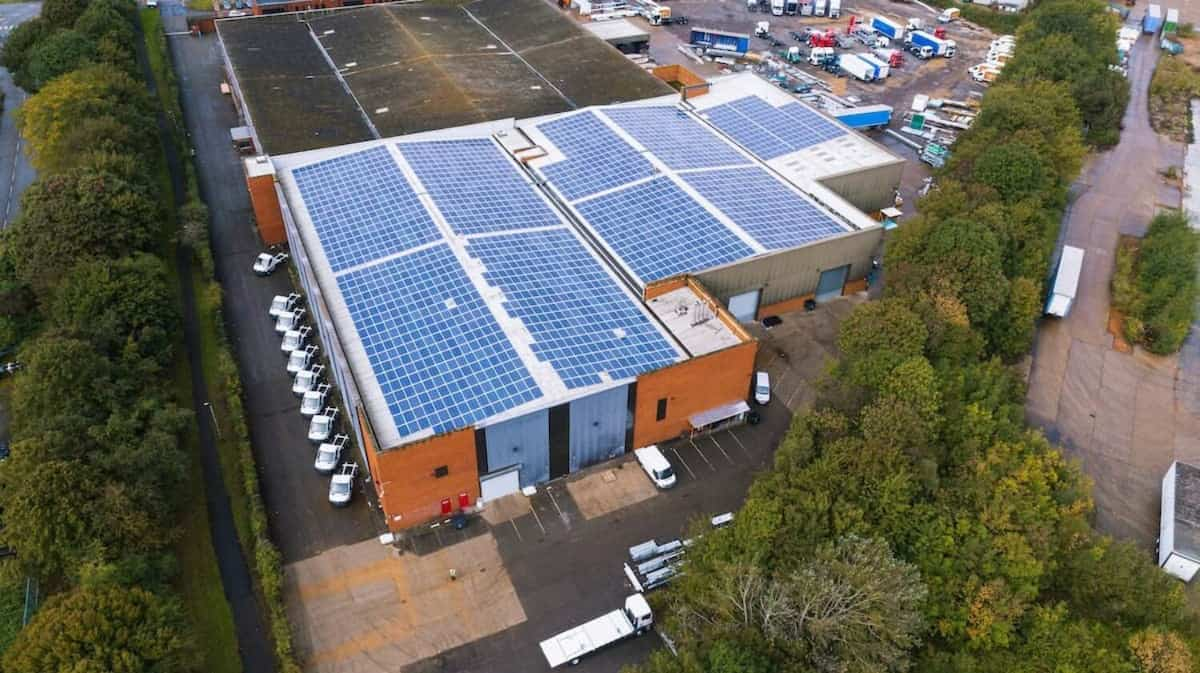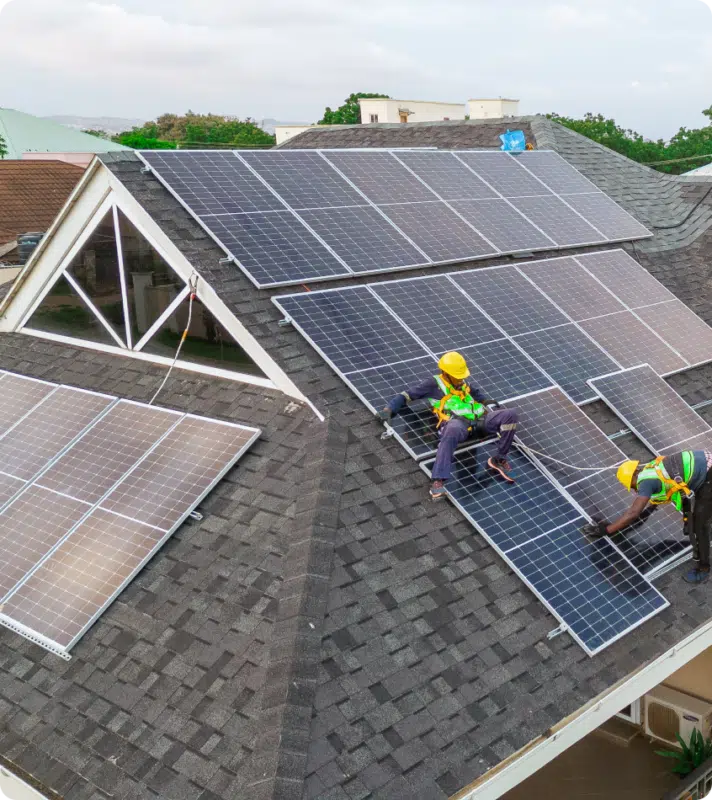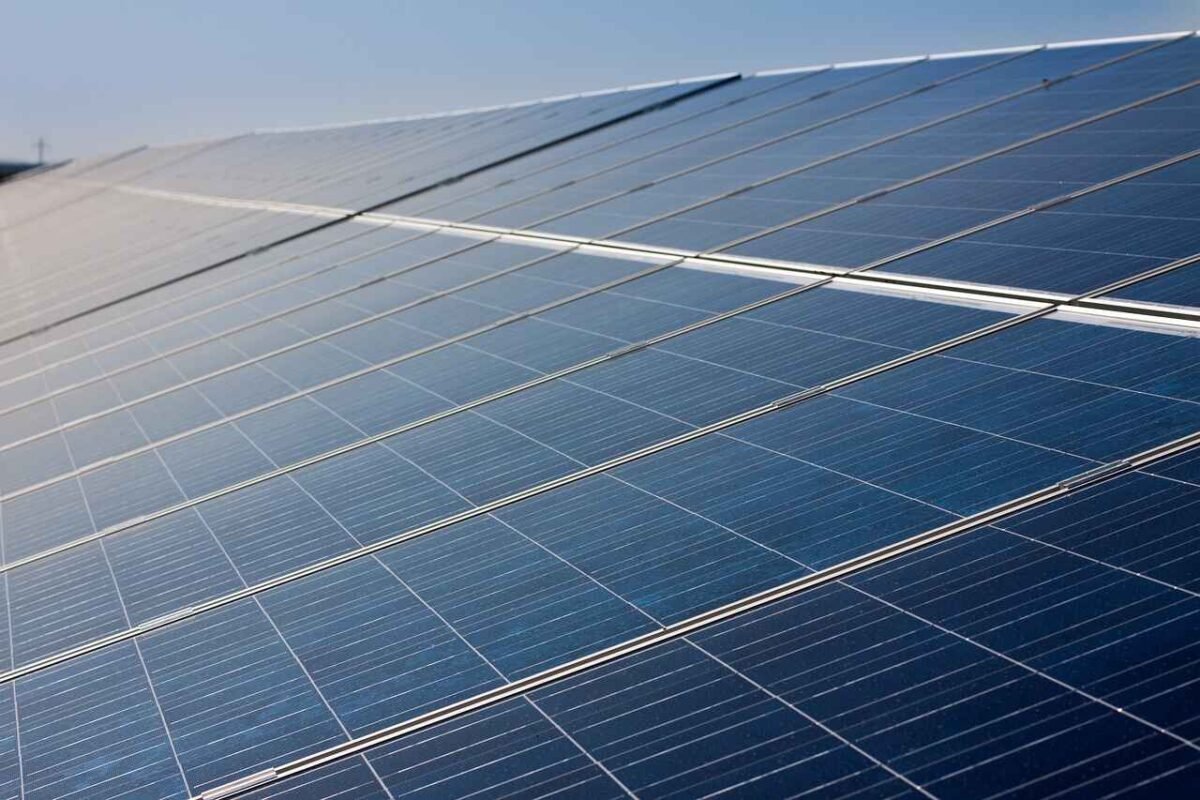Blogs
Understanding Ghana’s Renewable Energy Policy for Homeowners
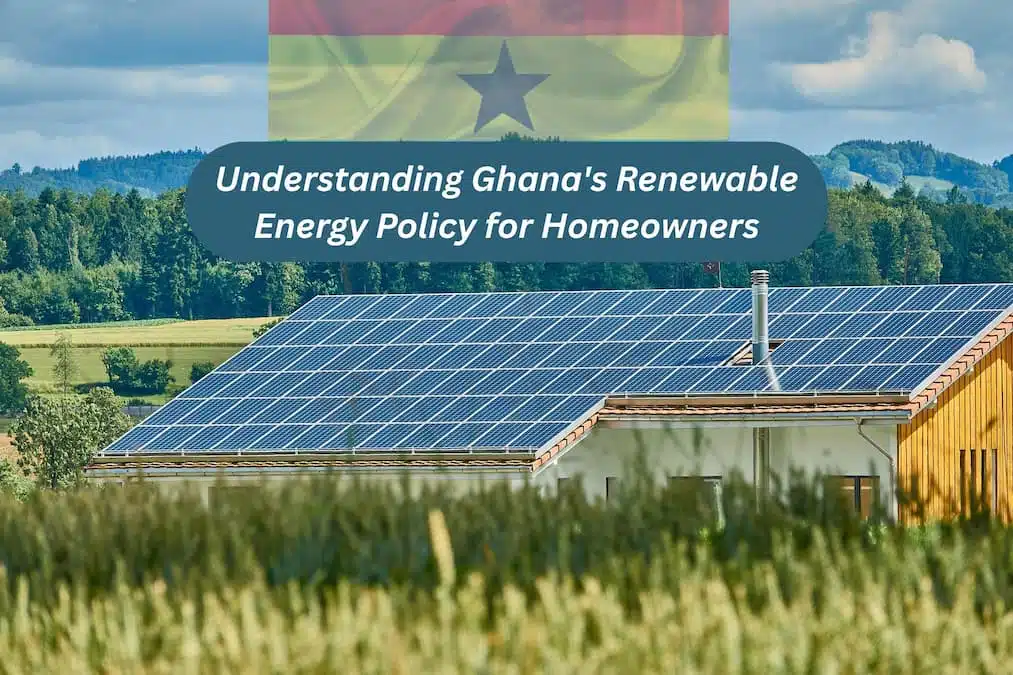
Understanding Ghana’s Renewable Energy is becoming essential as the nation moves toward a cleaner and more sustainable future. As the world shifts toward sustainable energy, Ghana is taking bold steps to reduce its dependence on fossil fuels. The Ghana Renewable Energy Policy is designed to promote clean and affordable energy sources like solar, wind, and biomass — helping the nation meet its growing energy demand while combating climate change.
For homeowners, understanding this policy can unlock financial savings, greater energy independence, and environmental benefits. In this article, we’ll break down the key aspects of Ghana’s renewable energy policy, its incentives, and how you can benefit by installing solar systems at home.
Ghana’s Commitment to Renewable Energy
Ghana’s renewable energy journey is guided by its target to generate 10% of total energy from renewable sources by 2030, according to the Energy Commission of Ghana. This initiative aims to diversify the country’s energy mix, reduce carbon emissions, and ensure affordable energy access for all citizens.
The main goals of the Ghana Renewable Energy Policy include:
-
Diversifying Energy Sources: Incorporating solar, wind, and biomass to reduce dependence on fossil fuels and hydropower.
-
Affordable and Reliable Energy: Ensuring consistent and cost-effective power, especially for rural communities.
-
Sustainable Development: Creating jobs and supporting economic growth through clean energy projects.
Benefits of Renewable Energy for Homeowners
The renewable energy policy in Ghana provides homeowners with several financial and environmental advantages.
1. Lower Electricity Bills
Solar power helps homeowners generate their own electricity, reducing reliance on the national grid. This translates to monthly energy savings of up to 60–70%, depending on system size and usage.
Through net metering, any excess energy generated can be sent back to the grid, allowing homeowners to earn credits or reduce future bills.
2. Government Incentives
The Ghanaian government supports solar adoption with attractive incentives, including:
-
Tax Exemptions on renewable energy equipment such as solar panels, inverters, and batteries.
-
Low- Interest Loans from partner banks to make installations more affordable.
These policies help reduce the upfront cost of renewable energy systems and encourage wider adoption.
3. Energy Independence
Power cuts remain a challenge in parts of Ghana. Solar systems with battery storage ensure uninterrupted electricity, giving homeowners independence from the grid. This is particularly useful in off-grid or rural areas where electricity access is limited.
4. Positive Environmental Impact
By switching to renewable energy, homeowners can reduce their carbon footprint and contribute to a cleaner environment. A single 4kW solar system can offset 1 tonne of CO₂ per year, equivalent to planting around 30 trees.
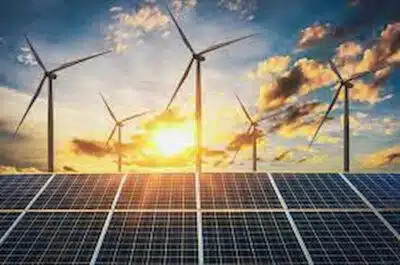
Key Renewable Energy Policies in Ghana
1. Renewable Energy Act, 2011 (Act 832)
This act forms the backbone of Ghana’s renewable energy sector. It supports investment in solar, wind, and biomass technologies and established the Renewable Energy Fund, which finances projects and provides subsidies for renewable installations.
2. Feed-in Tariff (FiT) Scheme
The FiT scheme allows solar energy producers to sell excess electricity to the grid at guaranteed rates. Homeowners with solar systems can earn regular payments, creating a new income stream.
3. Net Metering Scheme
The Net Metering Policy enables homeowners to offset energy costs by exporting unused solar power to the national grid. This helps balance energy consumption and further reduces electricity bills.
4. Renewable Energy Master Plan
Launched to guide Ghana’s long-term clean energy transition, this plan outlines strategies to boost renewable capacity, improve financing access, and make renewable energy affordable for all Ghanaians.
How Homeowners Can Transition to Renewable Energy
If you’re considering going solar under Ghana’s renewable energy policy, follow these steps:
-
Assess Your Energy Needs
Work with a certified solar expert to evaluate your home’s energy consumption and determine the ideal system size. -
Select the Right System
Choose between grid-tied, hybrid, or off-grid solar systems based on your budget, goals, and location. -
Leverage Government Incentives
Apply for tax exemptions, low-interest financing, or other renewable energy grants available under Ghana’s energy policy. -
Hire a Certified Installer
Use professionals registered with the Energy Commission to ensure your installation meets safety and policy standards. -
Monitor and Maintain Your System
Regular maintenance, cleaning, and monitoring ensure maximum efficiency and return on investment.
Conclusion
The Ghana Renewable Energy Policy provides a solid framework for homeowners to embrace clean, affordable, and sustainable energy solutions. Through incentives like tax exemptions, net metering, and feed-in tariffs, transitioning to solar energy has never been easier.
By investing in renewable energy, you’ll enjoy lower electricity costs, greater energy independence, and the satisfaction of supporting Ghana’s green energy future. Now is the time to take advantage of Ghana’s growing renewable energy sector — a step toward a cleaner, brighter tomorrow.








